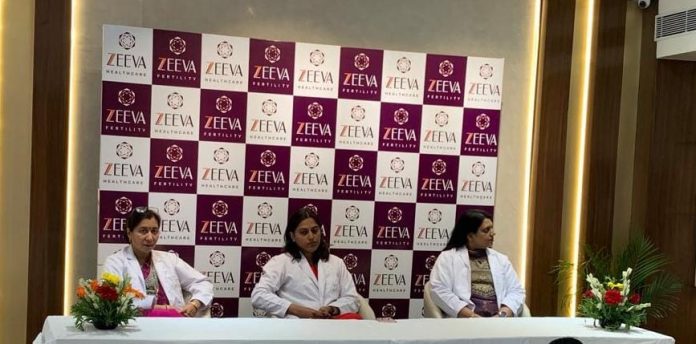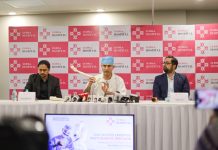@ Vikash Sharma | Sr Journalist
Noida: Older females from Urban areas are now opting for fertility intervention, a study has suggested. The study conducted on 2000 couples over a period of five years suggested that there is a 300 percent increase in females over the age of 35 years who are opting for fertility interventions. The observation was made between 2018 and 2022.
“We observed that in 2018 there were six percent females, who were over 35 years, opted for infertility treatment, while in 2022 the number was over 18 percent. Clearly, we noticed the change in preference happening among females over 35 years,” says Dr Shweta Goswami, Director Zeeva Fertility, who led the team that conducted the study.
The trend is despite the fact that it becomes difficult to conceive with increasing age. Though there are better treatments available today as compared to earlier period.
The team assessed the couples on certain factors both in female and males. Females were assessed on factors responsible for hormonal imbalance such as Low AMH & PCOS and other factors including recurrent pregnancy loss and tubal blockage. Factors among the males were Low sperm count, Low motility & low morphology.
Anti-Mullerian hormone (AMH) test is often used to check a woman’s ability to produce eggs that can be fertilized for pregnancy. Polycystic Ovary Syndrome (PCOS) is a hormonal disorder causing enlarged ovaries with small cysts on the outer edges. Recurrent pregnancy loss (RPL) is something when a female loses pregnancy consecutively. So, these factors play a crucial role in the establishment of pregnancy.
“In 2018, out of 948 females there were 64 females who were over 35 years opted for infertility treatment, while the figure rose to 235 in 2022. During 2022, we were treating 1248 couples for problems related to infertility,” says Dr Shweta Goswami, Director Zeeva Fertility.
What we have also observed is hormonal imbalance is more in urban couples where they have stressful lives, unhealthy food habits, less physical activity, tobacco and alcohol consumption, or being overweight. Along with age, these factors also trigger hormonal imbalance in females, says Dr Shweta. However, there are problems among men including poor sperm quality, erectile dysfunctions etc.

















